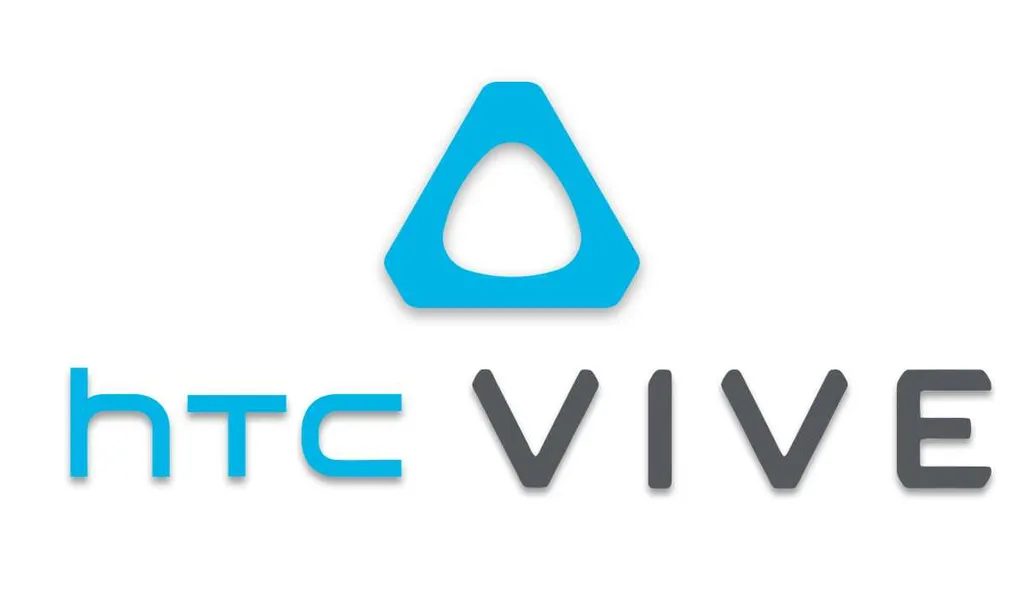HTC is making yet more moves in China today, announcing a partnership with the Shenzhen Municipal Government to kick off two new initiatives.
The first of these is a new China VR Research Institute. The pair will look to develop breakthroughs in sensors, displays, graphics, data visualization, human-machine interaction and other areas at this site. It will consist of members of enterprises, universities, research institutes and investment organizations all working together to boost the VR ecosystem in the Chinese city and apply the tech to various areas such as healthcare, military, engineering, design, and manufacturing.
Industry rivals like Oculus also have their own research groups dedicated to solving the long-term breakthroughs VR will need to become more immersive and reach mainstream potential. We’ve heard about many such groups in the west, though this is the first we’ve heard about in China.
The Shenzhen VR Investment Fund has also been established with the help of the Shenzhen Industry Guiding Fund. It’s backed by an initial amount of 10 billion RMB (about $1.5 billion), which will again be used to accelerate the growth of the Chinese VR industry by boosting funds of various companies.
In a prepared statement, HTC Chairwoman and co-founder Cher Wang said that the research institute’s “multiple R&D centers” and the investment fund would “accelerate the development of the VR industry in Shenzhen and elevate the city’s R&D capabilities”.
These are just the latest in a steady stream of new initiatives from HTC. Earlier in the year the company launched its own Vive X accelerator, looking to assist startup companies with mentorship, working space, and access to potential investment. Shortly after that the company gathered investment firms to form the VR Venture Capital Alliance (VRVCA), again reviewing pitches from startups to raise funding. Most recently, the company helped establish the Industry of Virtual Reality Alliance in China, gathering companies to combat a range of issues facing the industry.


























